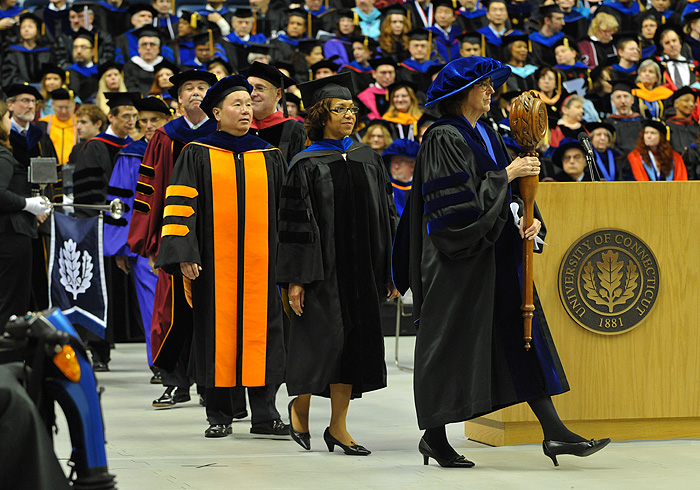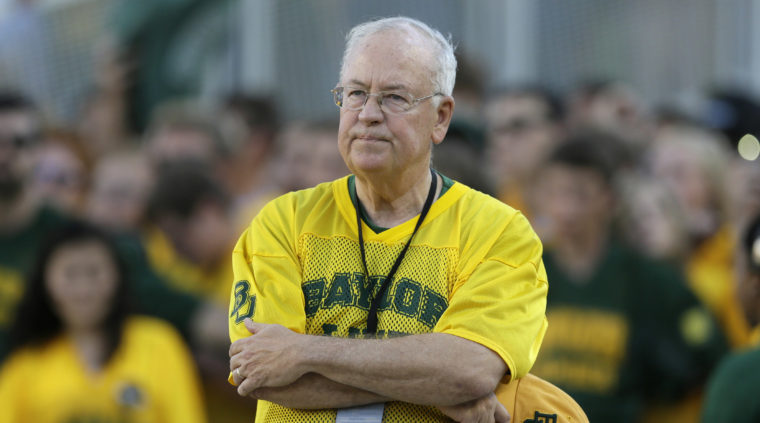I hope you had a great end of the semester and are looking forward to an exciting new year. Today, as is our tradition here at Higher Ed Professor, we’re taking a break from discussing the current issues facing higher education and tips for how to be more productive.
Instead, as my present to you, I want to share my three favorite Christmas music videos.
Take some time to relax and enjoy your family and friends.
Merry Christmas!
The Grinch
Charlie Brown Christmas Dance
John Denver and the Muppets sing 12 Days of Christmas




